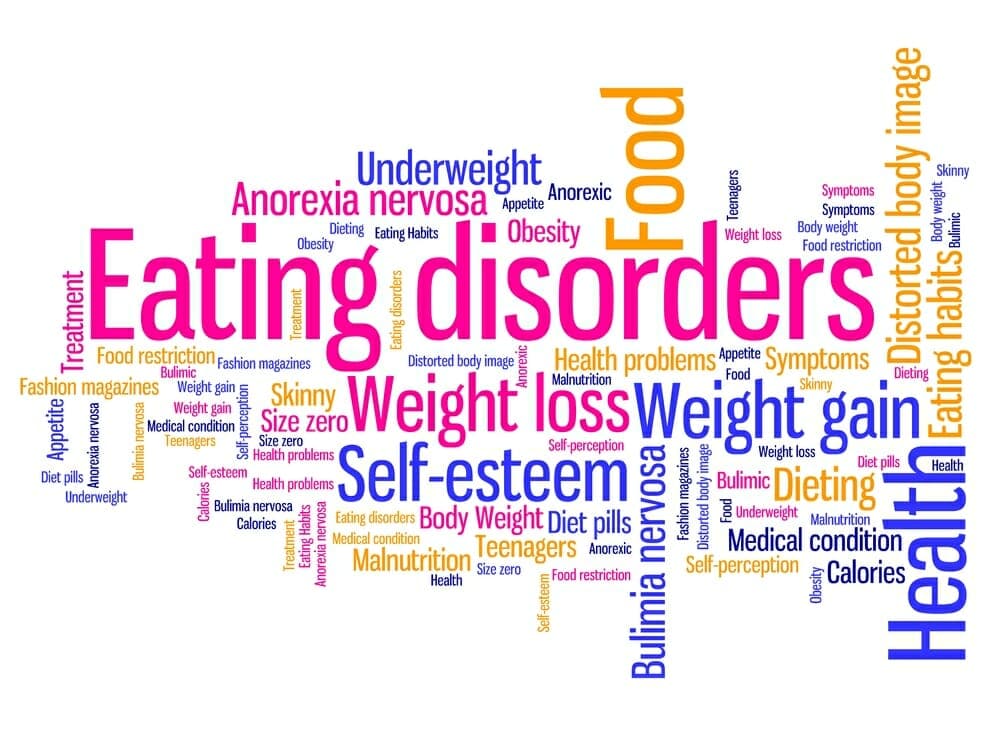Listen — After counseling thousands upon thousands of weight loss surgery patients
I know the anger, frustration and eventually disappointment you experience when weight loss promises go unfulfilled.
Especially if the promise is being made by a professional who is supposed to have your best interest at heart.
Multiple studies have proven keeping a food journal doubles your weight loss
Fortunately for you — not only can I personally testify those patients who keep a food journal double their weight loss over those who do not.
But, multiple scientific studies have proven – patients who take 5 minutes a day to write down everything they eat and then share it with other individuals (accountability partners) – loose twice as much weight as those who do not.
Food journals work because eating habits don’t require conscious thought
As neuroscientists studying how habits work have proven – your brain in a desire to be efficient — encodes unique neural pathways for actions you perform on a repetitive basis.
Once this process — neuroplasticity — plays out. You can perform the action — habit – without involving conscious thought.
Plus, once these neural pathways develop. They never go away.
This process while extremely beneficial…..
Could you imagine how frustrating life would be if every time you — drove a car, rode a bike, went swimming, used a knife and fork to eat — it was if you were doing it for the very first time?
…….does not differentiate between “Good” and “Bad”.
It simply takes the actions you repeat on a consistent basis and creates the neural pathways necessary for you to perform these actions without involving conscious thought.
You are unaware of over 200 food choices you make each day
Unfortunately, this neural process is responsible for what Dr. Brian Wansink, Director of the Cornell University Food and Brand Laboratory, calls — Mindless Eating.
Per Dr. Wansink, most of our eating decisions are automatic.
To demonstrate this, Wansink performed a study (Wansink & Sobal 2007) in which they asked people to guess how many food-related decisions they make each day.
Consider the question yourself. Do you have any idea?
If you’re like most people, you don’t.
Participants in the study guessed they made on average 14.4 food choices per day.In reality, when the participants carefully tracked their decisions, the average was 226.7.
In today’s — wheat based – processed and fast foods readily available anywhere World.
Being unaware of more than 200 food related choices per day has disastrous effects on your health.
Keeping a food journal identifies those foods sabotaging your weight loss goals
By accurately documenting you’re eating habits, you can easily spot the specific foods keeping you from achieving your weight loss goals.
Typically, they are the wheat based processed foods and/or wrong dining out choices.
Once you identify these pitfalls. You then develop a plan to replace the sabotaging behavior with a healthier action.
This list includes:
- Replace the offending food with a healthier option
- Communicating with a good friend or loved one via email, facebook, text message or writing an old-fashioned letter
- Hanging out with a positive coworker
- Meditating (my personal favorite) — can be done in your car or outdoors while walking or on a park bench
- Reading a book
- Etc…
Keeping a food journal helps identify the unconscious thoughts and emotions prompting you’re eating habits
Once you have a habit replacement plan, your next step is to start writing down the thoughts and emotions — Cue’s – preceding the habits you need to change.
By identifying your specific Cue’s – time of day, state of mind, previous conversations – you bring into conscious awareness the thoughts and emotions sabotaging your goals.
With your habit replacement plan in hand, the next time you experience these “Cue’s. Instead of eating the foods sabotaging your goals, you can implement the healthier choices outlined in your habit replacement plan.
By developing these behavioral change tools, achieving your weight loss goal is no longer a game of chance.
Instead, you are being intentional about change.
Key’s to being successful at keeping a food journal
If you have never kept a food journal – which I am assuming is the case – here are 6 activities to ensure your success
- Develop an accountability partner — As with any behavior modification program, it helps to have someone you are accountable to. This can be your spouse, good friend, or support group. But, make sure this person will hold you accountable.
- Write as you go – Don’t wait until the end of the day to record what you ate and drank. Studies point out those who are most successful, write as they go.
- Focus on portion size – Most people underestimate how much they are eating, so practice using measuring cups, measuring spoons, or food scales to weigh your portion sizes until you have a since of how much you are eating.
- Use whatever type of food diary works for you – It doesn’t matter whether you use scrap paper, or a notebook. But, many of my patients prefer using their Smart Phone. Today’s phones come with “Notes” or even easier “Voice Memo” applications. It may take 30 seconds — minute to learn how to use these apps and with the ease of use. It is definitely worth the time.
- Don’t skip days you fall of the wagon – What you write down and share with your accountability partner is typically what gets changed.
You must be intentional about change to achieve your weight loss goals
Remember, is no magic pill for weight loss
The neural pathways supporting the habits which got you to the point never go away. Therefore, it is so easy to fall back into your old habits.
You must be intentional about change. If you are serious about achieving your weight loss goals, then consider keeping a food journal as a critical part of your daily routine.








Reply